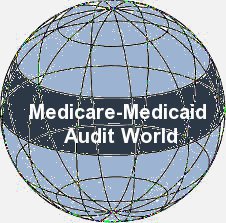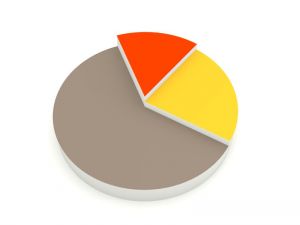 In 1978, Congress passed the Inspector General Act “[t]o create independent and objective units to provide leadership and coordination and recommend policies for activities designed (A) to promote economy, efficiency, and effectiveness in the administration of, and (B) to prevent and detect fraud and abuse in, such [Government] programs and operations;…” A November 14, 2012 report issued by the Health and Human Services Inspector General arguing for “improvements” in the activities of Medicare Administrative Law Judges suggests that the Inspector General is anything but “independent and objective.”
In 1978, Congress passed the Inspector General Act “[t]o create independent and objective units to provide leadership and coordination and recommend policies for activities designed (A) to promote economy, efficiency, and effectiveness in the administration of, and (B) to prevent and detect fraud and abuse in, such [Government] programs and operations;…” A November 14, 2012 report issued by the Health and Human Services Inspector General arguing for “improvements” in the activities of Medicare Administrative Law Judges suggests that the Inspector General is anything but “independent and objective.”
The OIG’s report is based upon an analysis of appeals decided by ALJs between  October 2009 and September 2010 (fiscal year 2010). The OIG found that providers filed 85% of the appeals decided, that the ALJs rendered fully favorable decisions in 56% of the appeals (62% of all Part A appeals but 72% of Part A appeals filed by hospitals). The OIG calculated that about two-thirds of the ALJs rendered fully favorable decisions in between 41 and 70 percent of the appeals they considered. The question raised by these statistics is why is there such a large discrepancy between the decisions reached by the QICs in their review of the claims and the ALJs, since presumably both groups had the same information and were interpreting the same regulations. The obvious answer is that either the QICs or the ALJs are not doing their job correctly.
October 2009 and September 2010 (fiscal year 2010). The OIG found that providers filed 85% of the appeals decided, that the ALJs rendered fully favorable decisions in 56% of the appeals (62% of all Part A appeals but 72% of Part A appeals filed by hospitals). The OIG calculated that about two-thirds of the ALJs rendered fully favorable decisions in between 41 and 70 percent of the appeals they considered. The question raised by these statistics is why is there such a large discrepancy between the decisions reached by the QICs in their review of the claims and the ALJs, since presumably both groups had the same information and were interpreting the same regulations. The obvious answer is that either the QICs or the ALJs are not doing their job correctly.
One might suspect that the first step in finding out which group is incompetent would be to have an independent entity review a statistically valid sample of the appeal records and  offer an opinion as to whether the decision of the QIC or the ALJ was correct. Surprisingly, the OIG did not do that. Instead, the OIG appears to have assumed that the decision of the QICs was correct and then makes suggestions as to how to “improve” the decision making of the ALJs so that it will be more in line with that of the QICs. The result of such improvements, of course, will be a savings to the Government and reduced payments to providers. In case it is ultimately determined that the ALJ’s decisions are in fact correct, another “improvement” suggested by the OIG is that CMS impose a fee only on providers who want to appeal to the ALJ with the hope that this will result in fewer providers filing fewer appeals.
offer an opinion as to whether the decision of the QIC or the ALJ was correct. Surprisingly, the OIG did not do that. Instead, the OIG appears to have assumed that the decision of the QICs was correct and then makes suggestions as to how to “improve” the decision making of the ALJs so that it will be more in line with that of the QICs. The result of such improvements, of course, will be a savings to the Government and reduced payments to providers. In case it is ultimately determined that the ALJ’s decisions are in fact correct, another “improvement” suggested by the OIG is that CMS impose a fee only on providers who want to appeal to the ALJ with the hope that this will result in fewer providers filing fewer appeals.
 Medicare-Medicaid Audit World
Medicare-Medicaid Audit World







